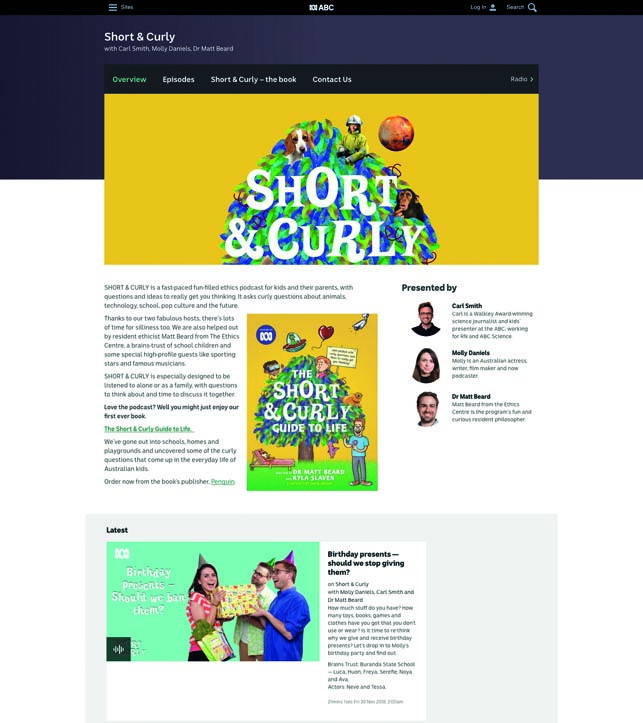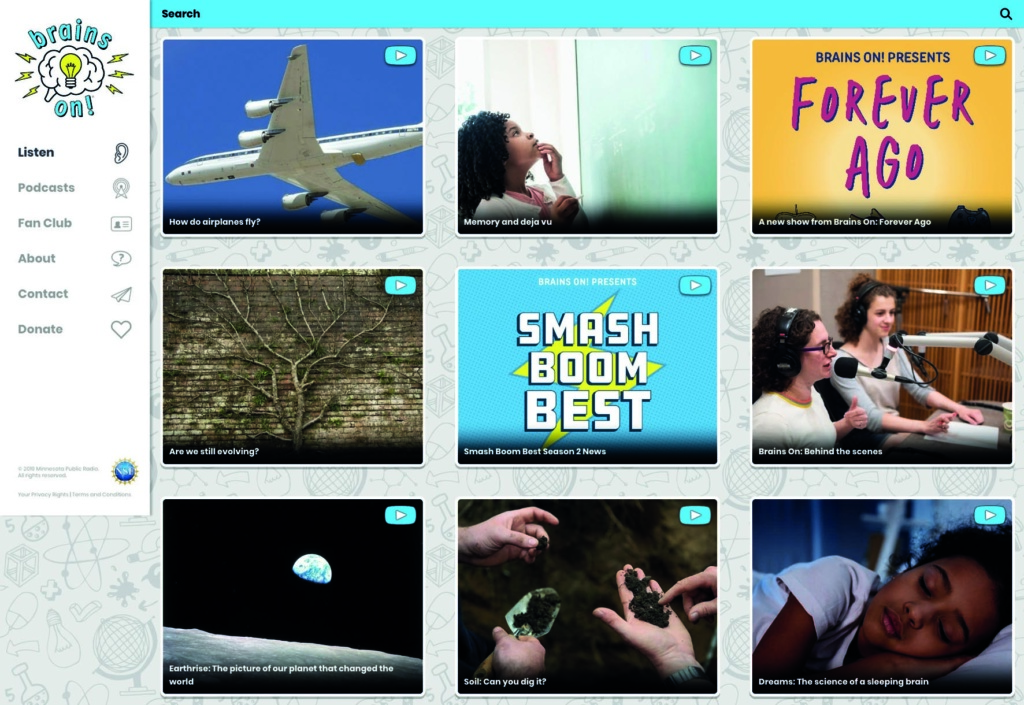
Podcasts have been around for more than a decade now, but their full potential has not yet been recognised for the realm of education. There are thousands of podcasts out there to inspire teachers and to learn about new subjects.
This issue’s online resources feature is focused on podcasts that can be used in the classroom or recommended to students to support their coursework. These are great resources for supplementing the curriculum and providing context for material—they also provide great opportunities to provide an alternative to screens, while still allowing for a multimedia experience.
In the UK, the BBC school radio has many great classroom resources and many other well-known outlets such as TES, TED Talks and the BBC in general have a wide range of podcasts to inspire and inform educators on various topics. This list, however, highlights a few of the podcasts that are particularly innovative and which have a unique or creative approach to the podcast genre and toward educational practice in general.
Short & Curly (KS2 Philosophy and Ethics)

Short & Curly is a fast-paced fun-filled ethics podcast for kids that asks the ‘big questions’ and works through problems. It asks short and ‘curly’ (tricky) questions about the world and breaks down the possible answers using philosophical methods and examining all the different sides to the questions. Topics are of interest to children and are about animals, technology, school, pop culture and the future. The hosts work with Dr Matt Beard, the resident ethicist from the Ethics Centre, which is a ‘brains trust’ of school children and special guests. Dr Matt Beard is consulted on the problems that arise and he highlights the issues that come up in relation to ethics and philosophy. Then children are interviewed to give different answers or opinions on the questions at hand. Each episode also includes ‘Thinking Questions’ to encourage students to think about the issue for themselves.
Past podcasts have asked questions like: ‘Is it ok to use technology to help you sing better?’ ‘What’s the point of school uniforms?’ ‘What sort of life should an elephant have?’ ‘Can robot soldiers make armies better?’ ‘Would you donate your kidney to a stranger?’ ‘Who wants a virtual life?’ and ‘Do you have to love your sibling?’ The podcasts are fun and engaging. There is enough silliness to counter the serious nature of many of the questions and the participation of kids as they ask questions and offer their perspectives adds depth to the show, making it appealing to students and helping adults gain understanding of the depth and outlooks kids may have. The podcast is Australian and is aimed at ages 6–12. It is produced by ABC, the Australian national broadcaster. Although the accents may be a novelty to non-Antipodean ears, the topics and questions have broad relevance. Dr Matt Beard and producer Kyla Slaven have also just released a book called The Short & Curly Guide to Life, which brings the essence of the podcast to the written page.
Brains On! (KS2 Science and History)

Brains On! is a science podcast show for kids. Each week, a different kid co-host joins Molly Bloom to find answers to fascinating questions about the world. The mission of the show is to encourage kids’ natural curiosity and wonder using science and history. The topics are all related to science and history and the questions are all posed by children. Episodes are approximately 45 minutes long and feature topics such as ‘Why do sunburns hurt?’, ‘Allergy Attack: How our bodies can overreact’, ‘From 8-bit to orchestra: How does video game music affect you?’ and ‘Meet Sandy the left-handed mutant snail’. The show has a good mix of silliness and knowledge and children are part of the interview process, ensuring that scientists have to break down their explanations with kids in front of them, making their knowledge easily understandable to those listening to the podcast.